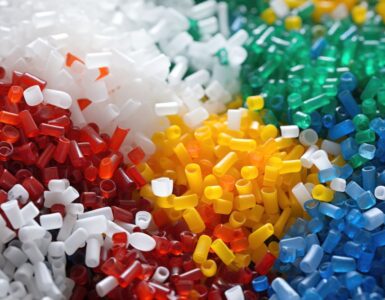Kidneys are responsible for metabolizing and excreting the drugs in the body. Some of the chemotherapeutic drugs, when broken down by the kidneys, turn into harmful chemicals that irritate the bladder. One of these drugs is cyclophosphamide and ifosfamide. These drugs produce acrolein as a metabolite, which causes inflammation inside the bladder wall as it passes through it.
Chemotherapeutic drugs like cyclophosphamide and busulfan are given in high dose prior to stem cell transplant, which is why the latter is often associated with hemorrhagic cystitis. Hemorrhagic cystitis is a very serious condition that can lead to life threatening hemorrhage (bleeding) or infection. Metabolites like acrolein accumulate in the urine and damage the kidneys and the bladder.
Radiation therapy, especially that delivered to the pelvic region as during prostate or bladder cancer induces cystitis. This condition is called radiation cystitis, and is associated with pain on micturition, trouble starting urination, blood in the urine, retention of the urine in the bladder (which is an independent risk factor for infection), urinary urgency, and urinary incontinence. Radiation cystitis cause undue discomfort in the pelvic region along with spasms and cramps. Once the radiation therapy has ended, many of the symptoms of radiation cystitis go away, but there are some that persist. In fact, some symptoms of radiation cystitis may appear several months after treatment has ended.
Chemotherapeutic drugs directly into the bladder are often utilized for treating bladder cancer. This approach is called intravesical installation. This entails passing a urinary catheter into the bladder and delivering full strength chemo drugs like—mitomycin-C, doxorubicin and thiotepa. These high strength anti-cancer drugs can end up irritating or damaging the walls of the bladder with subsequent cystitis.
How to treat chemo induced cystitis?
The goal of most therapies during chemo and radiation is to keep the bladder well-irrigated and minimize the time the drugs and their metabolites are in contact with the bladder. For this purpose, the following treatments are recommended:
Mesnex: is a drug that counteracts cyclophosphamide and ifosfamide associated cystitis. It binds to the metabolic by-product acrolein turning it inert for the bladder and is subsequently excreted from the body. Thus, this drug attenuates the side effects of cyclophosphamide without compromising on its impact on the tumor cells.
Continuous irrigation of the bladder helps to flush out the intermediate products of chemo drugs. Flushing of the bladder like so, is particularly helpful for the patients receiving high dose chemotherapy concurrently with stem cell transplant. This also reduces the chances of hemorrhagic cystitis.
Overhydration or hyperhydration is directed at improving the hydration status of the patient by encouraging the fluid intake. Research shows that hyperhydration combination with intravenous saline and furosemide (a diuretic) effectively prevents hemorrhagic cystitis in patients receiving cyclophosphamide.




























